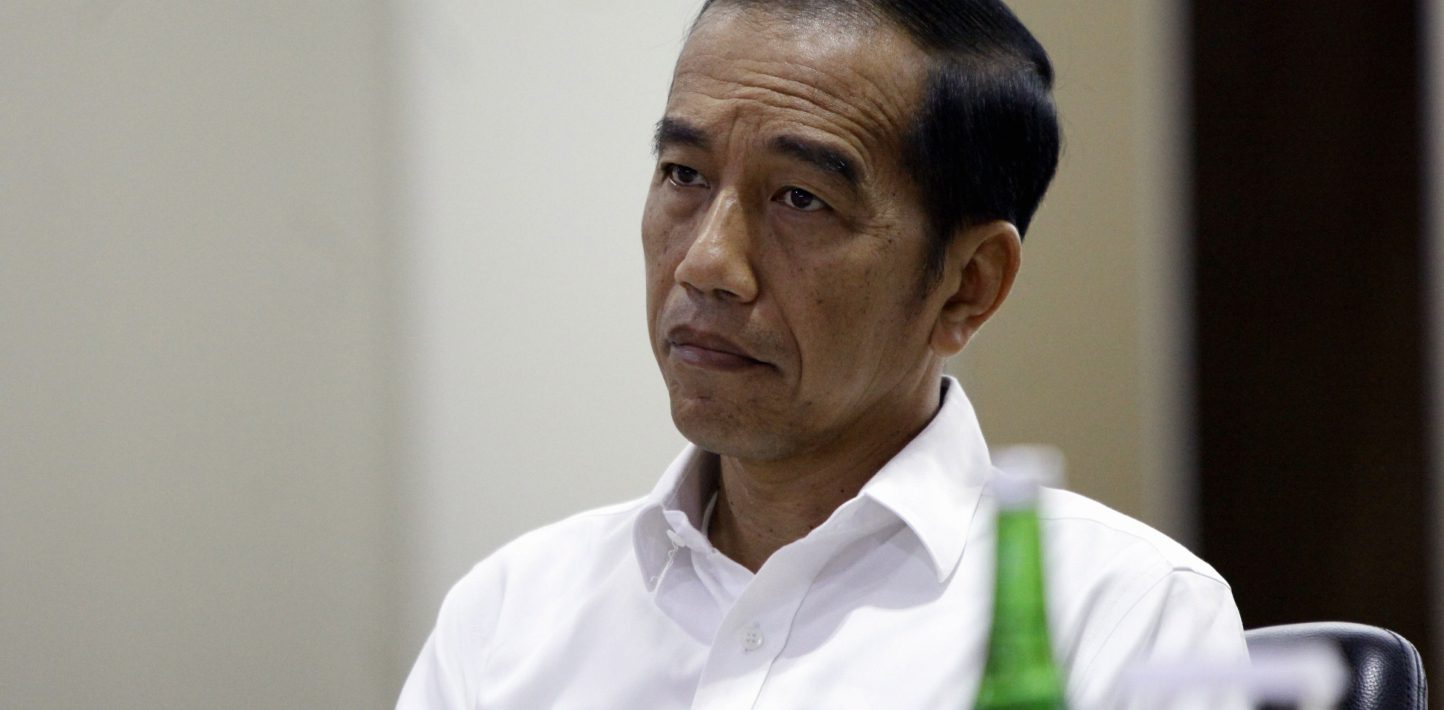Responding to President Joko Widodo’s recent signing of a government regulation on chemical castration as a punishment for those convicted of sexual violence against children, Amnesty International Indonesia Executive Director Usman Hamid said:
“Sexual violence against children is a terrible crime. But punishing offenders with chemical castration is merely adding one cruelty to another. Two wrongs do not make a right.”
“Forced chemical castration violates the absolute prohibition of torture and other cruel, inhuman and degrading treatment or punishment under international human rights law.”
“Furthermore, there is no evidence that the threat of chemical castration has been effective as a deterrent for acts of sexual violence against children.
“In fact, since the Government Regulation in Lieu of Law (Perppu) allowing chemical castration was issued by the president and passed by the House of Representatives into law in 2016, cases of sexual abuse against minors has increased over tenfold. The Witnesses and Victims Protection Agency (LPSK) recorded 350 cases of sexual violence against minors in 2019, compared to 25 cases in 2016.”
“We urge the government to repeal the amendments to the law that allow chemical castration and focus on efforts that would truly prevent and address sexual crimes such as passing the Sexual Violence Eradication Bill (RUU PKS).”
Background
President Joko Widodo issued a government regulation (PP) No. 70 of 2020, dated 7 December 2020, allowing the use of chemical castration as a punishment for those convicted of committing sexual violence against children.
The PP is aimed to provide further guidance for the implementation of the Child Protection Law, which was amended to include chemical castration as a possible punishment in 2016.
Article 81, paragraph (7), of the amended law imposes forced chemical castration as an additional punishment for “anyone who commits violence or threatens violence to force a child – person below 18 years – to have intercourse with them or with another person that causes: more than one victim, serious injury, mental disorder, infectious diseases, the loss or malfunction of the reproductive organs and/or death of the victim.”
Forced chemical castration violates the absolute prohibition of torture and other cruel, inhuman or degrading treatment or punishment under international law. Indonesia is a state party to the UN Convention against Torture and Other Cruel, Inhuman or Degrading Treatment or Punishment (CAT) and the International Covenant on Civil and Political Rights (ICCPR). The prohibition of torture is also set out in the country’s Constitution. Torture and other ill-treatment is also absolutely prohibited under customary international law.

